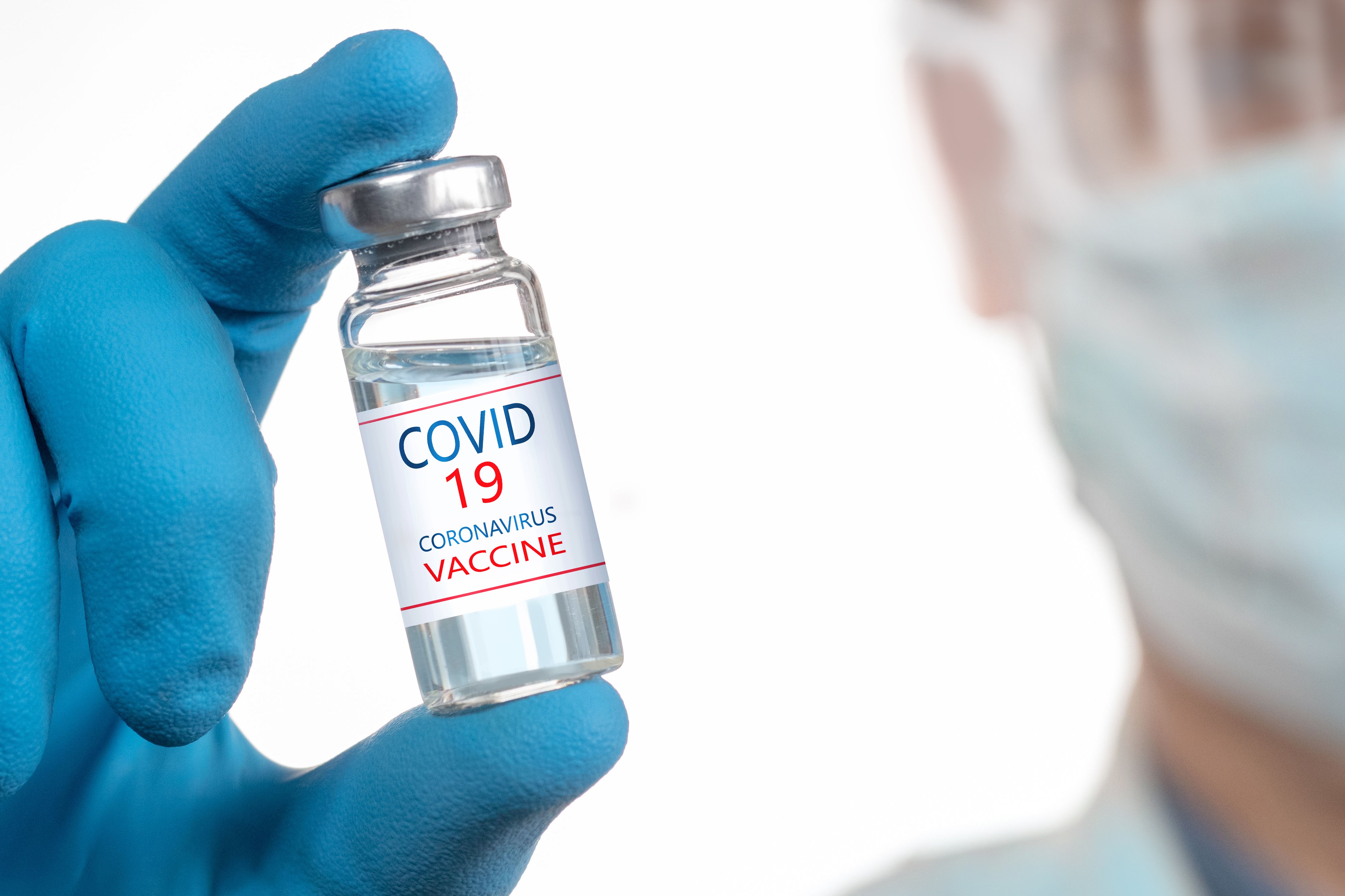
(Vienna, 23-09-2022) A research team led by Matthias Preusser from MedUni Vienna's Division of Oncology had already demonstrated that cancer patients benefit from a third vaccination to protect them against COVID. A recent study now also supports fourth vaccination for this vulnerable group. However, passive immunisation by administering an antibody combination to cancer patients does not seem to provide adequate protection. The study has now been published in the top journal "JAMA Oncology".
Seventy-two patients with various types of cancer participated in the study. Fifty-four of them received a fourth vaccination with one of the currently approved vaccines (active immunisation), and 18 underwent passive immunisation with the antibody combination tixagevimab/cilgavimab. In order to assess immunity, the investigators compared antibody levels and their inhibitory effect against the SARS-CoV-2 subvariants Omicron BA.1 and BA.4 after three and four vaccinations and following administration of the antibody combination tixagevimab/cilgavimab.
Significant increase in antibody levels following vaccination
Patients with solid tumours and those with hematological cancers not on anti-B cell therapy showed a significant increase in antibody levels after a fourth dose of one of the currently approved vaccines. Based on the obtained data, study leader Matthias Preusser from the Division of Oncology at MedUni Vienna's Department of Medicine I concludes that the administration of a fourth vaccination in cancer patients should be endorsed in patients with cancer, even in the absence of variant-specific vaccines. However, this is not the case for passive immunisation of patients: "Our results suggest that immunisation with tixagevimab/cilgavimab does not effectively block the most recently dominant BA.4 variant," said first author of the study, Maximilian Mair from MedUni Vienna's Division of Oncology. Further studies are now required to confirm the results to back up the vaccination recommendations. Moreover, there is still a lack of reliable information allowing the definition of a valid threshold for sufficient antibody levels to provide adequate protection against SARS-CoV-2 infection.
Society must protect vulnerable group
Cancer patients are often on immunosuppressive therapies. As a result, cancer patients are particularly at risk of developing severe clinical courses of COVID-19, underscoring the importance of SARS-CoV-2 vaccination. "We recommend a prompt fourth vaccination for the particularly vulnerable group of patients with cancer. In addition to this, our patients continue to rely on the protection provided by a responsible society and control measures such as isolation of infected individuals and the wearing of facemasks in indoor settings. Furthermore, even mild cases of COVID-19 can lead to deferral of urgently needed cancer treatments, which can adversely affect the cancer prognosis," underlines study leader Matthias Preusser, as COVID restrictions are increasingly being lifted.
Publication: JAMA Oncology (Impact Factor 33)
Inhibition of SARS-CoV-2 Omicron BA.1 and BA.4 after fourth vaccination or tixagevimab/cilgavimab in cancer patients
Maximilian J. Mair, MD, Manfred Mitterer, MD, Pia Gattinger, PhD, Julia M. Berger, Rudolf Valenta, MD, Dominic Fong, MD, Matthias Preusser, MD
doi:10.1001/jamaoncol.2022.4226
https://jamanetwork.com/journals/jamaoncology/fullarticle/2796770?
The study was conducted under the direction of the Division of Oncology and the Christian Doppler Laboratory for Personalized Immunotherapy of MedUni Vienna's Department of Medicine I in collaboration with the Haemato-oncology Day Clinic at Franz Tappeiner Hospital in Merano (Italy) and the Center for Pathophysiology, Infectiology and Immunology at MedUni Vienna.